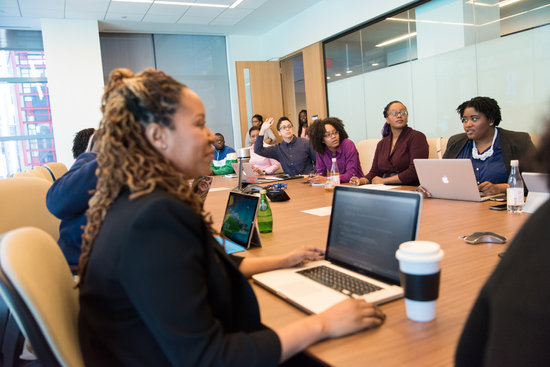Pass or Fail: How Do We Redesign America’s Schools?

In this multi-part series, I provide a dissection of the phenomenon of retention and social promotion. Also, I describe the many different methods that would improve student instruction in classrooms and eliminate the need for retention and social promotion if combined effectively.
While reading this series, periodically ask yourself this question: Why are educators, parents and the American public complicit in a practice that does demonstrable harm to children and the competitive future of the country?
Try to think beyond the current goals of our education system. If the ultimate objective is to shape well-rounded, contributing members of society, how much will our schools need to change?
To redesign the current public education system, we must go beyond establishing what the current goals of education are and what they have been or might be. We need to specify why one set of goals, such as; targeting higher thinking, independent thought, creativity, analytics, and so on, are more valuable than the present goals that concentrate on a more rigid thought process.
The Future of American Education
Perhaps the best argument for the former is the future direction of the American and global job market. It is widely accepted that knowledge and innovation are keys to the success of future business ventures. While in the past, the most valuable commodities of business were physical objects, in recent times, with the emergence of the Internet and wireless connectivity, knowledge assets are becoming more important.
Today, knowledge is a primary currency, and the ability to apply knowledge is extremely valuable. If, as many reports suggest, knowledge serves as the most common currency of the 21st century, then the cultivation of this knowledge should be central to our national efforts, including the efforts of our education system.
Investment in Innovation
Former President Barack Obama has several times mentioned policies targeting overseas innovators and scientists, and the need to draw in such individuals to replenish the knowledge banks of the United States. While there may be many benefits to such a policy, outsourcing innovation in this way, is little more than a stopgap measure. Leaving it to those overseas does not come close to solving the underlying problem.
The knowledge economy is defined as a system for producing and offering services centered around knowledge-intensive activities. It is also a system that inevitably promotes an accelerated rate of technical and scientific development. Associated with this is the rapid obsolescence found in the knowledge economy, in which one idea or product is quickly replaced by another.
Another major component of the knowledge economy is that the knowledge economy prizes intellectual capabilities rather than the physical inputs or natural resources. Some organizations in the United States have managed to work on strategies for knowledge production and transfer, responding to the needs of the knowledge economy. However, these initiatives, while important, especially in the context of business practices, do not touch on broader educational needs. They also don’t take into account the sociological and economic implications that result from this emphasis on knowledge and innovation.
Education Redesign
Instead of relying on knowledge and the intellectual product of other countries, the United States needs to begin harvesting its knowledge, its intellectual product, in the form of well-educated, innovative individuals. The principal means of achieving this harvest is an outright revision of the public education system, at all levels.
The American system needs to revert to its roots and consider the purpose for which public education was initially established in this country. Concentration on the model provided to us by other nations around the world of what knowledge and innovation-focused education can be should be key. Examinations of the models working to drive knowledge, and what models serve to support the needs of those who may not thrive in the typical educational setting are essential.
Can you imagine a completely re-designed public school environment? What are some of the things you’d choose to change first?






